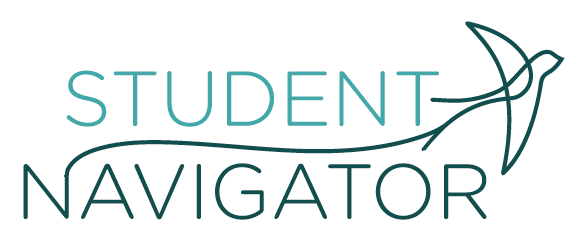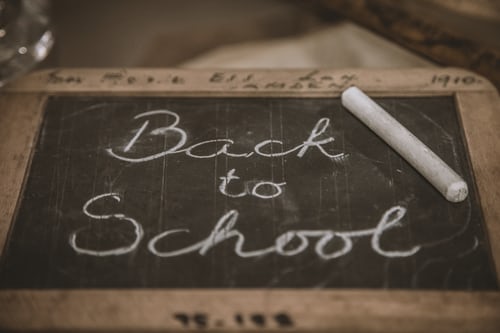I have three boys returning to school running this month, two of whom, like many children, haven’t been to school since March 23rd of this year. One son, in Year 13, returned for occasional days for four weeks before the summer holidays. They are all excited to be back, interacting with their teachers and friends and having full days of lessons. I’m also relieved, as now we all have some space to think and work.
However, this new found feeling of relief already feels precarious. A whole year group in my youngest son’s primary school has been sent home for two weeks and five bubbles of children in my sons’ secondary school are back to homeschooling for a fortnight due to children testing positive. It will surely be only a matter of time before we get the dreaded phone call. This is why, more than ever before, it is important to be returning to school running during the pandemic.
What does this mean? It means that each day, particularly if you are in Year 13 or Year 11, needs to be treated as doubly important, because nobody knows when there will be another lockdown … in the school, locally or nationally. The government and schools are determined not to repeat the chaos of the summer, and want exams to go ahead as normal, if they possibly can. However, if they cannot, there will most likely be some system of moderated evidence put in place, which will be rigorous, and allow transparency to be able to differentiate the attainment and achievement of all students.
Proposed possible changes to GCSEs and A levels
- Exams might be delayed this year to allow more time to cover content. Instead of exams beginning in May, they could start in June.
- There might be two sets of exams…an earlier one for schools and areas that haven’t been affected by closures this year, and a later one for schools and areas that have been affected.
- Cutting content of GCSEs and A levels. This has already happened in subjects like History and English literature. Practical work is harder to deliver in some subjects due to sharing of equipment, so these components are being looked at in subjects like science and food preparation.
- Having a Plan B in case exams have to be cancelled again. Headteachers are calling for this being moderation of evidence from pupils’ coursework and mock exams.
How to prepare for this:
Mock exams
Many schools have scheduled early mock exams for this first half term, with some schools having them in the first few weeks of September. These will have four purposes: to assess what students have done during lockdown, to start gaining evidence in case of lockdown, to collect evidence for predicted grades for UCAS and to instil a sense of urgency into their exam years, ensuring pupils are returning to school running.
Mock exams can no longer be treated as a forerunner of the main exams because this year they could well be the main exam. Therefore it is vital to give them full attention and prepare thoroughly. There are likely to be multiple mock exams this year.
Students should aim to improve with each set, demonstrating progress, learning from the mistakes and gaps in the previous set.
Mind the gaps
Even the most conscientious student will have gaps from their lockdown work. Students should look through notes, comparing them to the specification or a list of topics, looking for the gaps in content, knowledge or understanding? This is the time, while they are in school, to speak to their teachers and ask them to go over these areas or to copy up notes from a friend.
Catch up and keep up
If for any reason, students do have to isolate, keeping up with the work while at home is essential. The school will provide the work. Trying, where possible, to maintain school routines and making a note of anything that isn’t understood, in order to go through it when returning to school will be a good habit to get into. Teachers will still be on hand via the school’s messaging system or email. Visit our website to see our homeschooling resources, and posts offering advice and help for working at home.
At Student Navigator we offer bespoke mentoring and academic coaching to both primary and secondary students. The mentoring is ideal for providing practical as well as academic support for students (and their parents) during this most difficult of years. Please get in touch and have a chat with us to see how we can support you.

